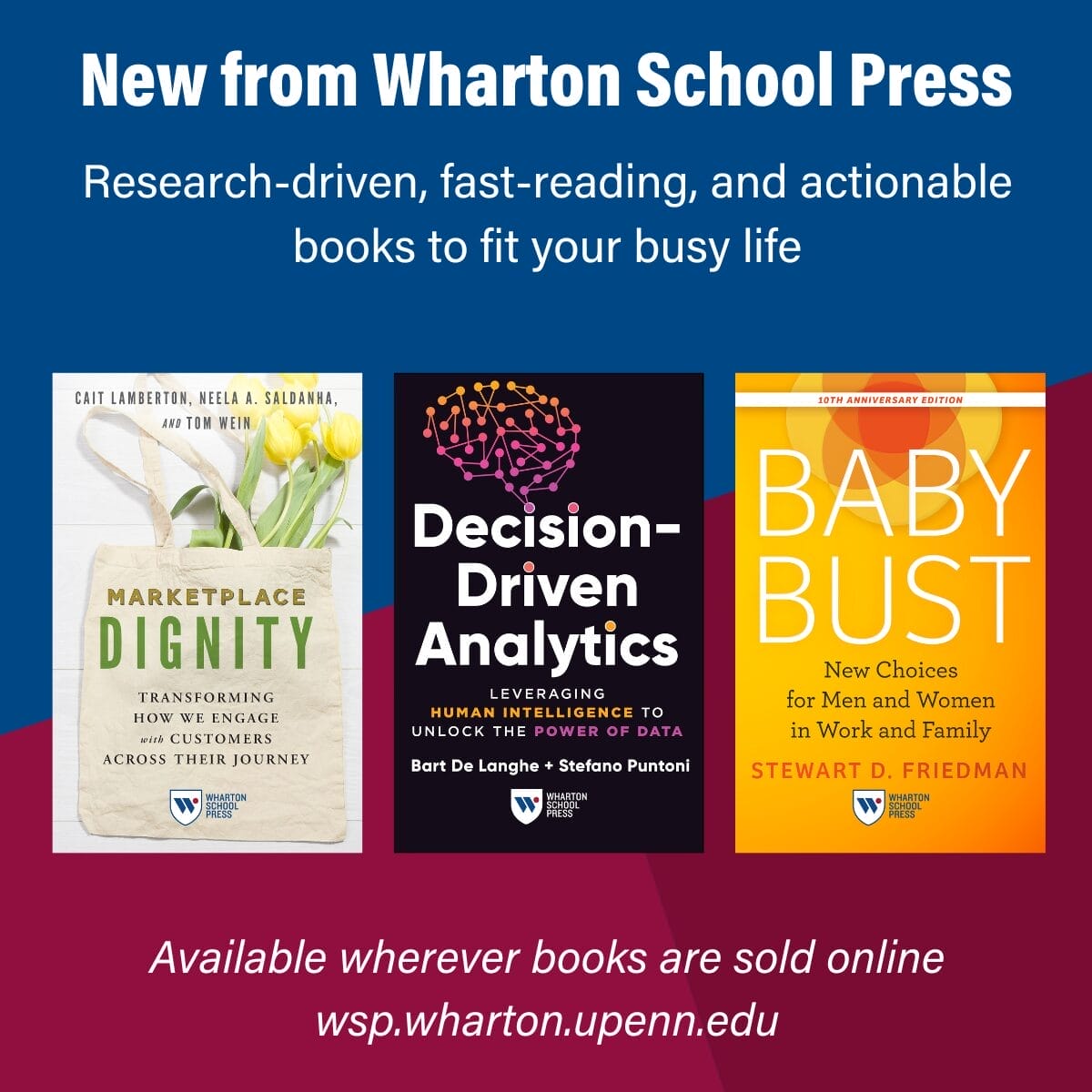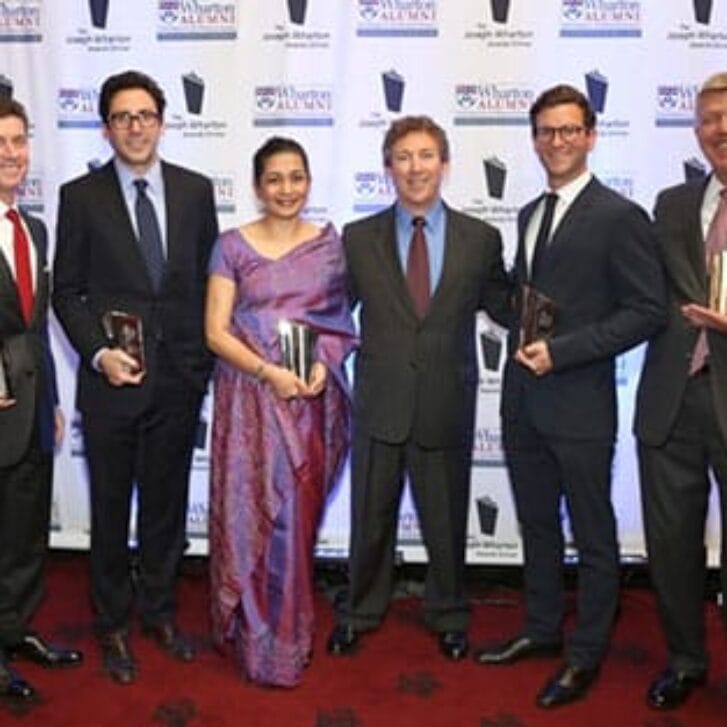A search fund? Until I read Seena Mortazavi’s recent Wharton Magazine online article [read here: “Choosing an Uncommon Investment Career Path”], I’d never heard of one. Mortazavi, WG’13, even surprised himself with the idea.
“If you had told me that I would be starting a search fund after graduating from Wharton in 2013, I would have thought you were crazy,” he blogged on Aug. 28. “Actually, I probably would have asked you what a search fund is, and then told you that you were crazy.”

Seena Mortazavi, WG’13
Captivated by Mortazavi’s frankness, I dug into his business model and learned that a search fund begins by seeking out investors eager to grow their capital. The fund employs their money to “locate, acquire and grow privately held businesses.” Not any private businesses, mind you, only those with substantial profit potential. When the fund finds a promising company—a business it can partner with as well as invest in—the searcher sets out to convince the fund’s investors of its value.
After the investors take a stake in the company, the searcher comes aboard with the aim of growing the business. The payoff elevates the universally desired “win-win” result to a three-tiered, “win-win-win” outcome. Investors win with increased profits. The searcher wins with a management role in the acquired company. And the company wins with a fresh capital infusion and a broader range of options for succession and its future direction.

Can nonprofits and social enterprises benefit from a less-known but effective injection of investment, the search fund?
The concept rang with so much common sense that I wondered whether it might work on behalf of nonprofits and social enterprises. They need startup capital just as much as traditional for-profit companies. So why not a search fund that seeks to connect nonprofits and social ventures with philanthropic investors? Altruistic financiers—not just Bill Gates and Warren Buffet—seek businesses that are more interested in maximizing human potential than they are in maximizing corporate profits.
Beautiful Day RI (BDRI), a nonprofit located in Rhode Island, serves as a prime example of this kind of socially responsible company. BDRI aims to provide on-the-job training for refugees who have resettled in the United States. Its Providence Granola Project—an LLC committed to making the world’s best all-natural, homemade granola—has offered 31 trainees representing 11 nationalities their first American jobs, including 26 asylum-seekers that it prepared for the U.S. job market. Executive Director Keith Cooper says, “We’re growing organically, but we’d like additional investment. We want to incubate more businesses so they can grow themselves.”
Social enterprises like BDRI seldom lack energy, effort and well-intentioned sponsors. If they fail, chances are it’s because of insufficient capital or a dearth of managerial skills. Having established social impact as a core value, Wharton is helping to remedy these shortcomings. Communally conscious Wharton undergrads can choose from 27 courses in social impact. MBAs with similar leanings can select from a slightly broader array. Clearly, there’s a wide-open opportunity for Wharton entrepreneurs interested in lending a hand to Cooper and selfless executives like him.
For traditional search funds, Mortazavi questioned his own concept, asking, “Is the search fund model even real?” For the search fund looking for nonprofits and social ventures, I believe it can be made real. Not necessarily in monetary terms. By definition, there’s darn little profit to be made from nonprofits. But social entrepreneurship has another bottom line, a human benefit. This concern for others could become a driving force in a new economy not yet clearly perceived.


























